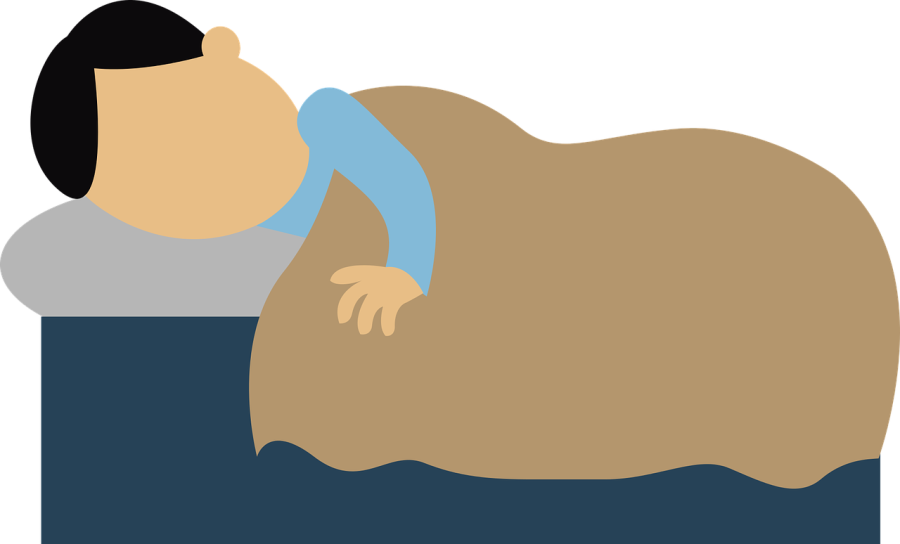I’ve been lucky enough to meet a lot of students since starting my job in February—many of whom have a common response when I ask, “How are you doing?” They respond with, “I’m tired.” Or, “I didn’t sleep well last night.” Or, “It’s too early—please stop talking to me.”
That last one is a personal favorite of mine.
At many of my campus talks, I ask every student in attendance how much sleep they get in an average night. The recommended amount is, of course, seven to eight hours per night. Yet not many students claim to even come close to that amount—which is very understandable, given the workload students have.
It’s no secret that I’m a morning person. But I did not used to be this way. It took lots of effort to recognize that I function much better first thing in the morning, well-rested, and eager for the day—instead of exhausted and pushing myself to stay awake even though I was ready for bed hours ago.
When I decided to make the switch to being a morning person, I knew I had to make some other changes in my life as well. These changes transformed the way I eat, function, and thrive throughout the day. Granted, many of these changes were gradual and cannot be done all at once. So I suggest seeing what can work for you.
Put the coffee down:
At least as the day drags on, begin lessening your caffeine intake. If you can limit yourself to one cup in the morning, or early afternoon, that should be enough. Believe it or not, the best energy boost you can get is from fresh fruits and drinking water. Caffeine has a six hour half-life, so if you’re drinking it later in the evening, it can stay in your system and disrupt any chance of sleep you might have had. Transition to tea in the midday, or focus solely on water to make this transition possible.
Exercise during the day:
I suggest starting your day with some form of exercise—biking, walking, running, lifting weights, etc. Something that will get your body moving. This will kick-start your endorphins and give you some solid energy for your day. Slowly, you will need less and less caffeine, and you’ll come home ready for rest after a long day.
Turn off your screens:
Many students I talk with claim that the last thing they do before bed has something to do with looking at some sort of screen—TV, phone, iPad, etc. Again, understandable. Netflix is a hot commodity these days—even though I remember the days when it wasn’t a streaming platform. Yet many studies have shown that looking at screens before bed is greatly decreasing the quality of good REM sleep. So it’s important to supplement something else if you need stimulation before bed.
I suggest either reading a book (traditional Kindle readers are okay for this since many have dimmed displays), listening to music, or, if you’re feeling frisky, even having sex before bed is a pretty good way to ensure some comfortable rest. Sex often reduces stress because it also releases endorphins, which are comforting for the brain. The Berman Center in Michigan found that sex before bed can often lead to less chances for insomnia and offers deeper sleep.
Early to bed, early to rise:
Creating a routine of getting to bed before midnight is a good way to transition yourself into becoming a morning person. Start by heading to bed around 11 p.m., or even 10 p.m. if you feel the need to do so. And start waking up earlier—7 a.m., or 6:30 a.m., or 5:30 a.m. When you train your body for these hours, you’re resetting your internal clock, which allows you to function better in those early morning hours instead of having to stay up late cramming for a test. Or having to stay up late writing—with a tired brain that may not be creating your best work.
None of this stuff is easy. But I strongly suggest that if better sleep is a priority for you, please take these lifestyle changes into consideration and give it a shot! Making some of these changes will take finding out what works for you, your body, and your schedule. But it’s all totally doable.
I’m always available to chat about how to initiate these changes into your life in a comfortable and desirable manner. So let me know if you need a little extra support! As always, my office is located on the third floor of the Campus Center in the Student Activities suite, space 3407—come hang out.

